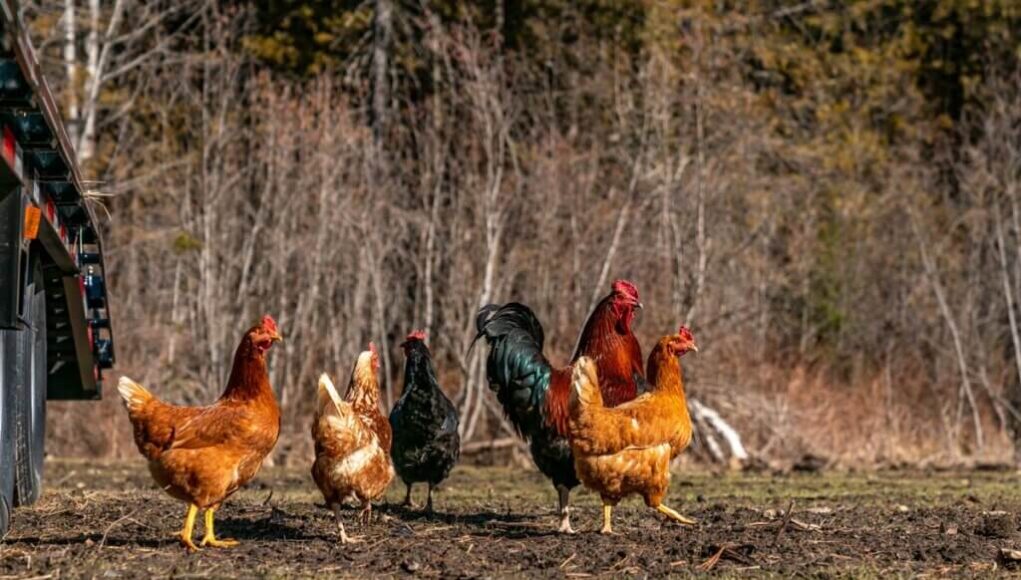As a dedicated poultry owner, understanding how to support poultry health during weather changes is crucial. Weather changes can significantly impact the well-being of your flock, affecting everything from their comfort to their productivity. In this comprehensive guide, we will explore effective strategies to ensure your chickens remain healthy and happy through different seasonal shifts.

Understanding the Impact of Weather on Poultry
Weather conditions play a pivotal role in the overall health of poultry. Both extreme heat and cold can lead to stress and health issues. Chickens, like any other living creatures, require specific conditions to thrive. When temperatures fluctuate, it affects their eating habits, water intake, and even their egg production.
The Effects of Cold Weather
In cold weather, chickens are at risk of frostbite and hypothermia. Their energy is primarily used to maintain body heat, which can lead to reduced egg production. Ensuring that your coop is well-insulated and free from drafts is essential. You might want to consider using heat lamps, but ensure they are safely installed to prevent any fire hazards.
The Effects of Hot Weather
Conversely, during hot weather, chickens can suffer from heat stress, which can be fatal. They require plenty of shade and fresh water. Increasing ventilation in the coop can help to keep them cool. You might also consider providing electrolytes in their water to help them recover from heat stress efficiently.
Preparing the Coop for Weather Changes
A well-prepared coop is your first line of defense against extreme weather conditions. Here are some tips to ensure your coop is ready for any season:
Insulation
Good insulation will keep your flock warm in the winter and cool in the summer. Materials like straw, hay, or wood shavings are excellent insulators. Ensure that there are no gaps or holes that can let in cold air during the winter.
Ventilation
While insulation is crucial, so is ventilation. Proper airflow prevents the build-up of ammonia from droppings and reduces moisture levels, which can lead to respiratory issues. Make sure there are vents that allow for air circulation without creating drafts.
Regular Cleaning
Keeping the coop clean is vital in maintaining a healthy environment for your chickens. Regularly remove droppings and replace bedding materials. A clean coop reduces the risk of disease and parasites. For more on cleaning, check out how to clean a chicken coop naturally here.
Feeding and Hydration During Weather Changes
Diet plays an essential role in helping your chickens cope with weather changes. A balanced diet ensures they have the energy to maintain their body temperature.
Winter Feeding
In winter, increase the carbohydrate content in their feed to provide extra energy. Corn is an excellent source of carbohydrates. Additionally, providing warm water can encourage them to drink more, preventing dehydration.
Summer Feeding
During hot weather, chickens might eat less, so it’s important to offer nutrient-dense feed. Fresh fruits and vegetables can help keep them hydrated. Always provide fresh, cool water to drink.
Using Natural Remedies
Herbs can be a wonderful addition to your flock’s diet, especially during times of stress. Certain herbs can help boost their immune system and ward off common ailments.
Herbs for Cold Weather
Herbs like oregano and thyme have antibacterial properties that can help prevent respiratory issues. You can learn more about preparing herbs for your chickens in winter here.
Herbs for Hot Weather
Mint and basil can help keep your chickens cool. Placing these herbs around the coop can also act as natural insect repellents. For more on natural remedies, see this external source.
Monitoring Chicken Health
Regular observation is key to catching any potential health issues early. Look for signs of stress such as changes in behavior, appetite, or egg production.
Signs of Cold Stress
Chickens may become lethargic, fluff their feathers, and huddle together. These are signs they are too cold and need additional warmth.
Signs of Heat Stress
Panting, spreading wings, and decreased egg production are signs of heat stress. Immediate action is required to cool them down and prevent heatstroke.
Conclusion
Supporting poultry health during weather changes requires proactive measures and understanding their needs. By preparing your coop, providing the right diet, and using natural remedies, you can ensure your chickens remain healthy year-round.

FAQs
What is the best way to insulate a chicken coop?
Using materials like straw, hay, or wood shavings can help insulate a chicken coop effectively. It’s important to ensure there are no drafts while maintaining good ventilation.
How can I keep my chickens cool during the summer?
Provide plenty of shade, fresh water, and ensure good ventilation. You can also offer frozen fruits and vegetables as a treat to help them stay cool.
Are there any herbs that can help chickens during weather changes?
Yes, herbs like oregano, thyme, mint, and basil can help boost their immune system and provide relief from heat and cold stress.
This article contains affiliate links. We may earn a commission at no extra cost to you.











